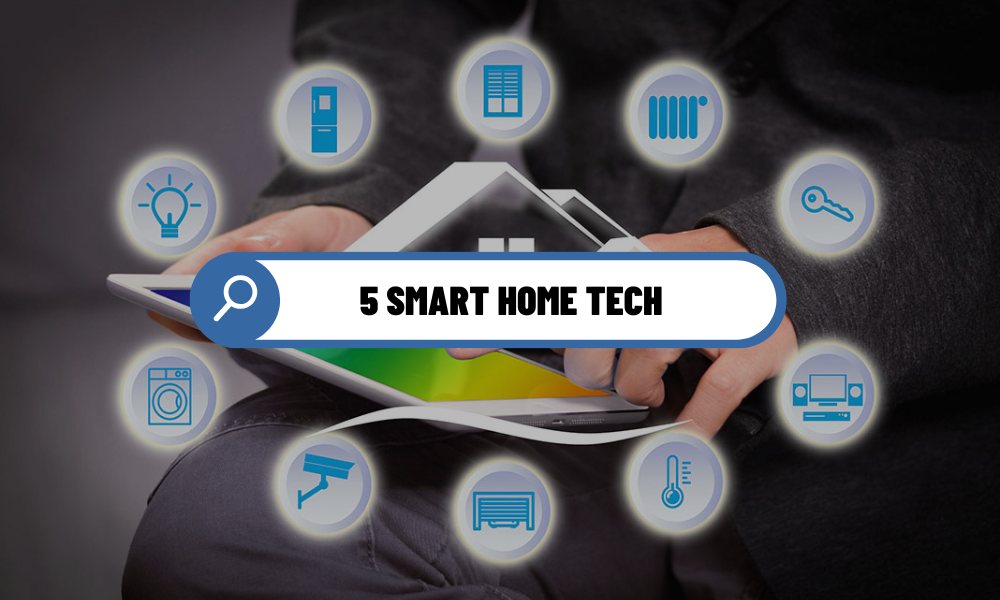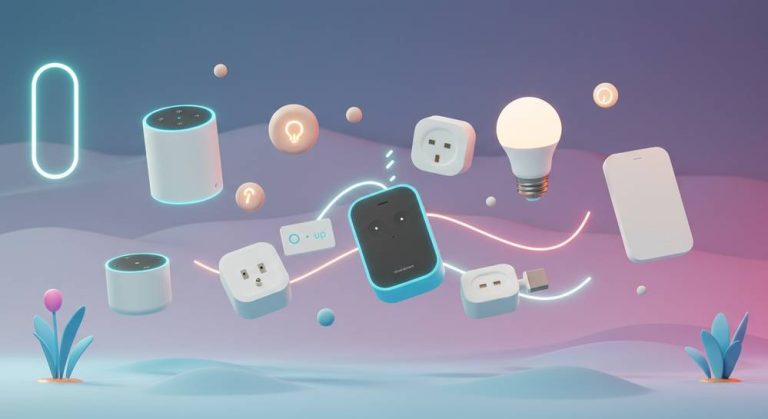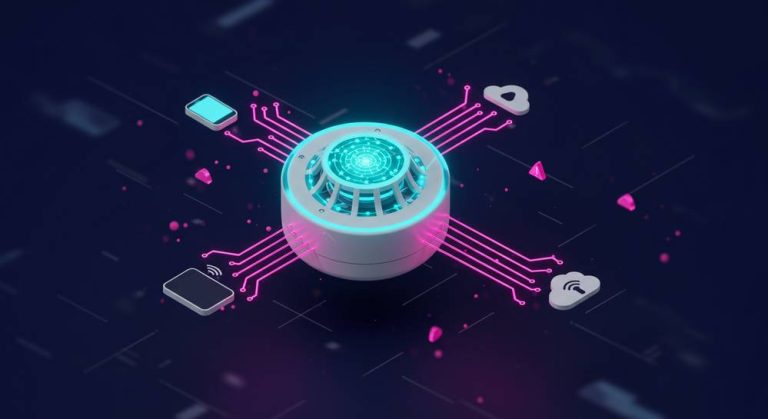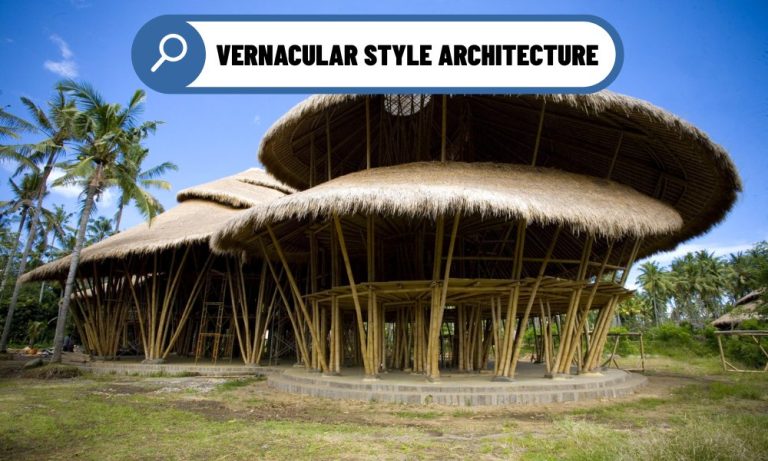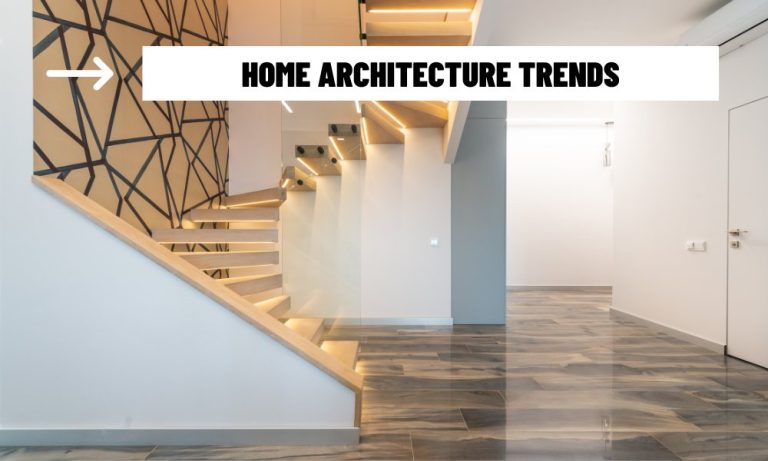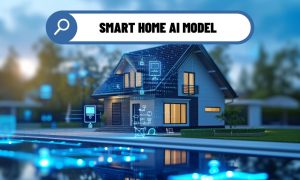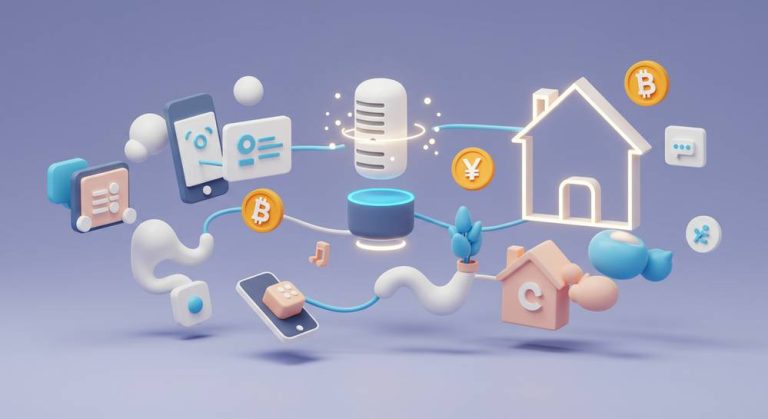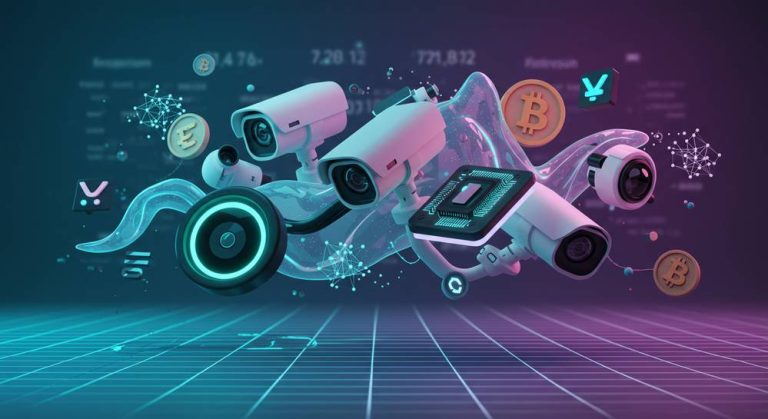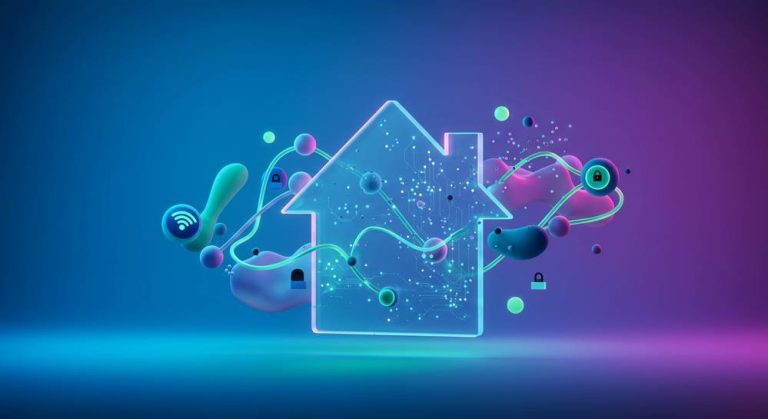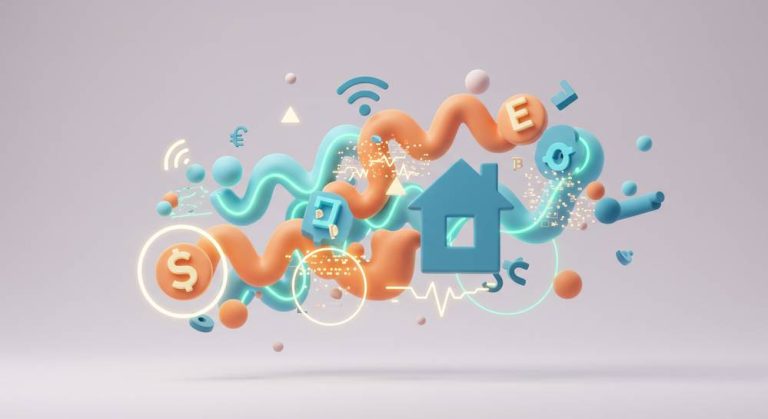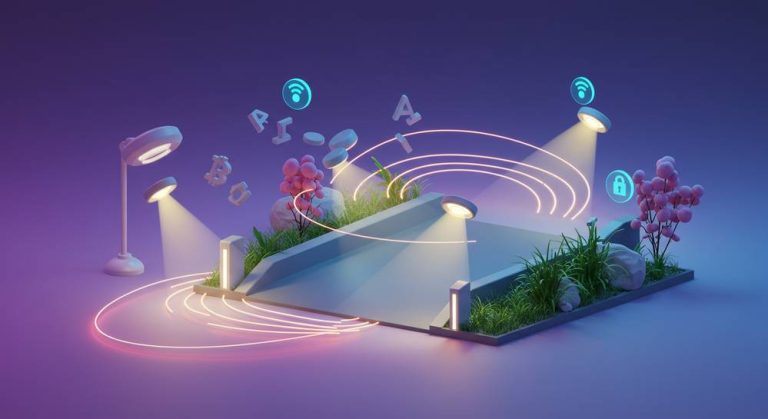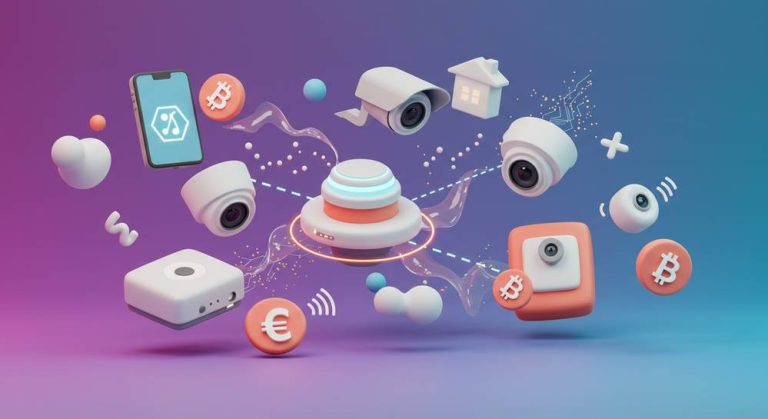As technology continues to evolve, so does the way we interact with our homes. The rise of smart home technology has revolutionized modern living—enhancing comfort, security, and energy efficiency. From AI-powered assistants to decentralized energy systems, today’s homes are no longer static structures, but intelligent, responsive environments.
In this article, we’ll explore 5 smart home tech innovations that are shaping the homes of tomorrow.
5 Smart Home Tech Innovations
1. AI-Powered Personal Assistants
The evolution from voice control to contextual intelligence
Once limited to basic commands like playing music or setting reminders, smart home assistants have now evolved into intelligent systems capable of learning from your daily routines. Powered by artificial intelligence and natural language processing (NLP), devices like Amazon Alexa, Google Assistant, and Apple Siri are now capable of performing predictive actions.
For example, if you usually wake up at 6:30 AM, your assistant can automatically adjust the thermostat, start your coffee machine, and give you a weather update—all before you even speak. This level of contextual awareness makes AI assistants one of the most impactful components in any 5 smart home tech setup.
2. Smart Security and Surveillance Systems
Proactive protection with real-time alerts and facial recognition
Security has taken a massive leap with smart technology. Traditional alarm systems have been replaced by integrated solutions involving smart cameras, motion detectors, and AI-driven analytics. These systems now offer:
- Facial recognition for identifying known visitors or intruders
- Real-time alerts to your mobile device in case of suspicious activity
- Remote monitoring, allowing you to check your home from anywhere
Many of these technologies integrate with blockchain-based storage systems for greater data security and privacy—preventing unauthorized access or tampering.
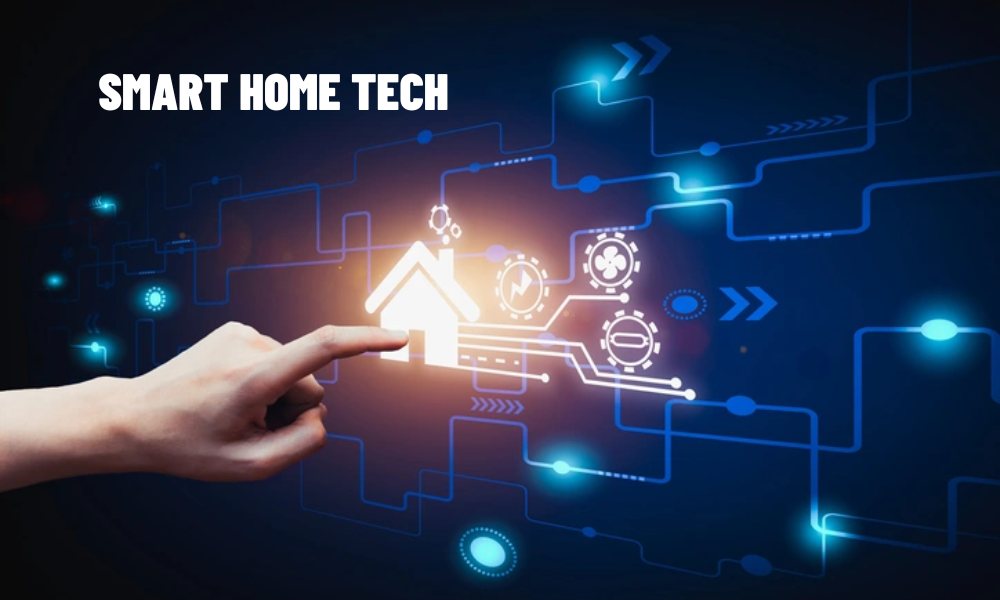
3. Intelligent Climate and Energy Management
Smarter environments through automation and analytics
Energy consumption is one of the biggest challenges in home management. With smart thermostats like Nest and Ecobee, homeowners can now monitor and control temperature based on:
- Room occupancy
- Outdoor weather forecasts
- Personal preferences
- Time-of-day energy pricing
This means your system can automatically cool or heat your home in the most energy-efficient way possible. Over time, AI learns your patterns to reduce unnecessary usage—saving both money and resources. When discussing 5 smart home tech solutions, intelligent climate control always ranks high due to its economic and ecological benefits.
4. Connected Kitchen and Appliance Automation
Streamlining daily tasks through integration
The kitchen is quickly becoming one of the smartest spaces in the home. Smart refrigerators can now:
- Track food inventory and expiration dates
- Suggest recipes based on what’s inside
- Create grocery lists and sync them with your phone
Meanwhile, ovens and microwaves can preheat via voice command, and dishwashers can operate on off-peak energy hours to reduce bills. With increasing interoperability between kitchen appliances and home assistants, cooking and meal planning are more efficient than ever.
5. Decentralized Smart Home Networks
The next frontier: Web3-powered smart homes
Perhaps the most revolutionary trend in 5 smart home tech is the integration of blockchain and edge computing. Traditional smart homes rely on centralized servers, which pose risks of outages, hacks, or vendor lock-in. But decentralized networks change this by enabling:
- Peer-to-peer communication between devices
- Local data processing, enhancing speed and privacy
- Tokenized ecosystems, where users can monetize data or resources (e.g., excess energy)
This transformation aligns with the broader move toward Web3, where control shifts from corporations to individuals. Decentralized smart homes represent a paradigm shift: not just in how homes work, but in who owns the data and infrastructure behind them.
The Future of 5 Smart Home Tech
These 5 smart home tech innovations aren’t just trends—they’re building blocks of a more intelligent, personalized, and resilient living environment. Whether it’s automating routines, securing your space, or giving you control over your own data, smart home technology is creating possibilities we couldn’t have imagined a decade ago.
As AI, IoT, and blockchain continue to converge, our homes will increasingly reflect the digital identities and needs of their occupants. The future isn’t just automated—it’s adaptive, self-aware, and owned by you.
